Mapped: The Network of Powerful Agribusiness Groups Lobbying to Water Down the EU’s Sustainable Farming Targets
DeSmogBlog
DECEMBER 9, 2021
Responding to DeSmog’s findings, Natacha Cingotti, senior health and chemicals policy officer at Brussels-based policy and advocacy group, Health and Environmental Alliance (HEAL), said: “[W]hen working on chemicals- and pesticides-related policies, the imbalance of stakeholders in favour of industry interests is striking.”.


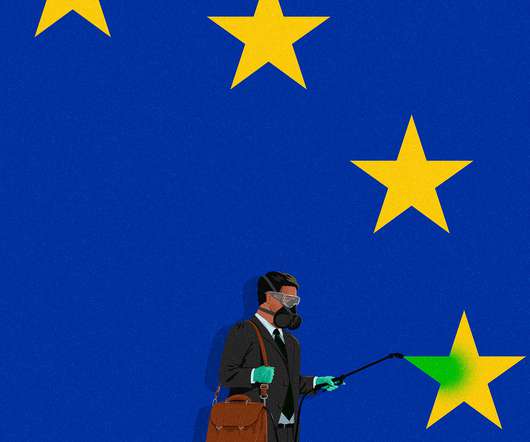
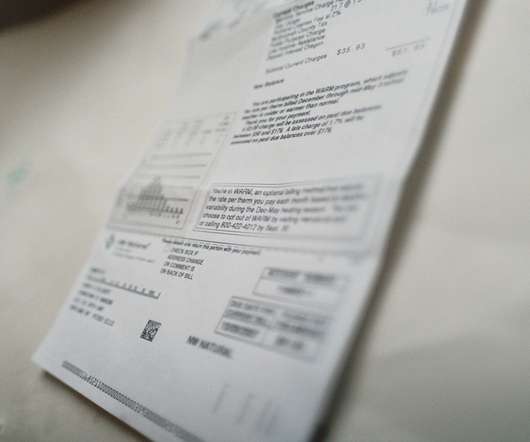

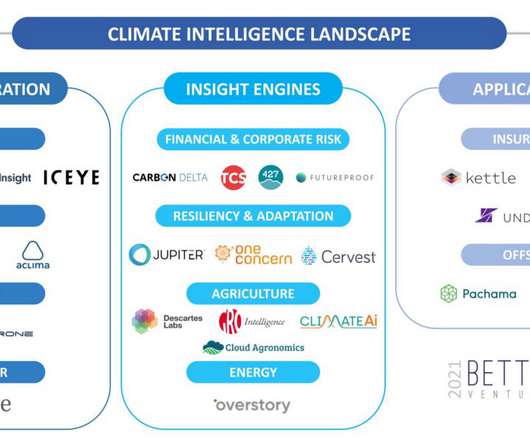
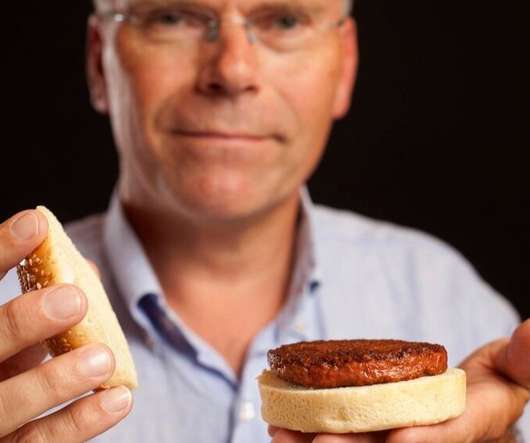
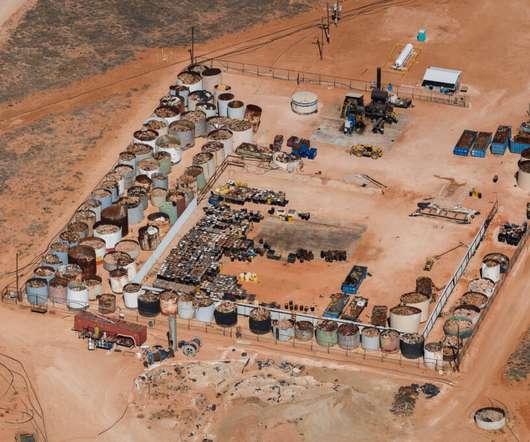
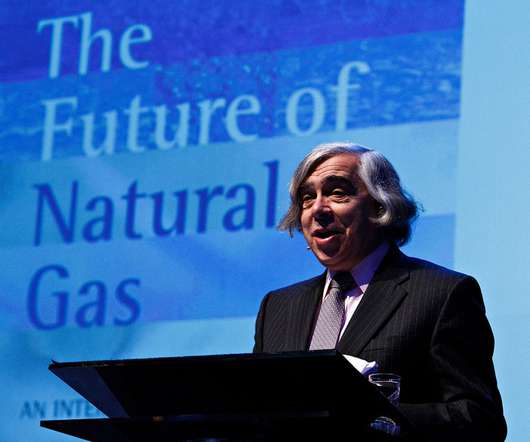
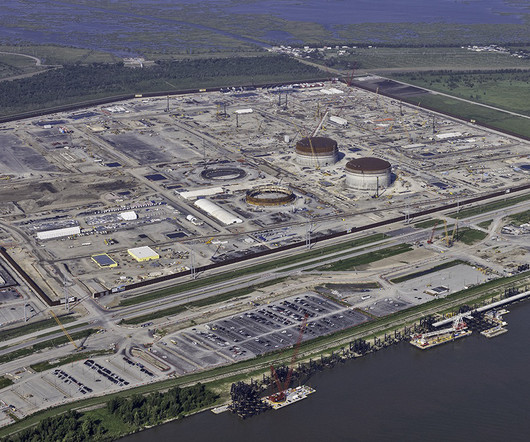

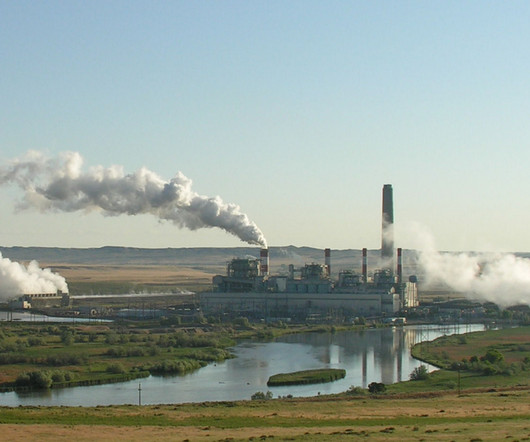








Let's personalize your content